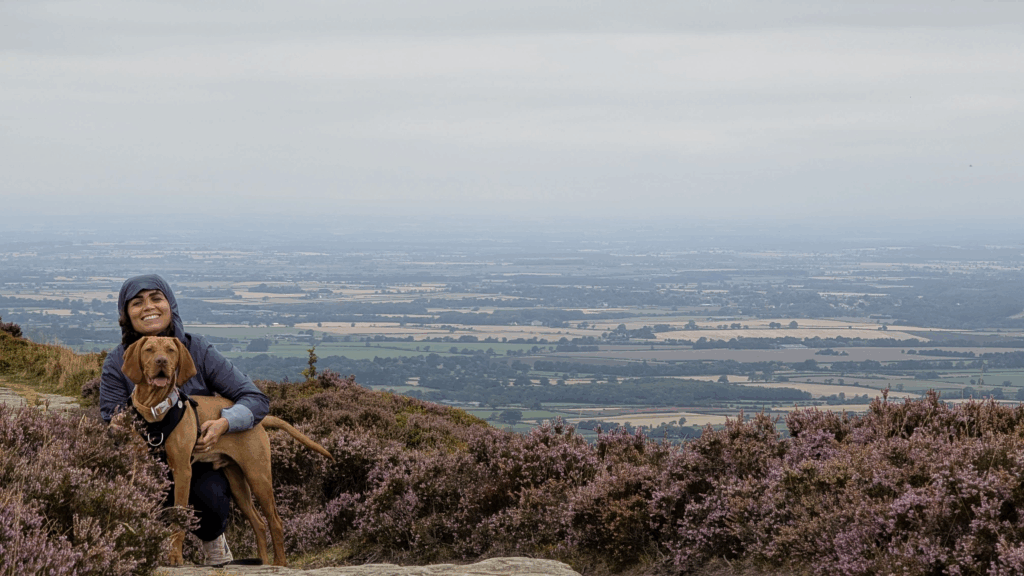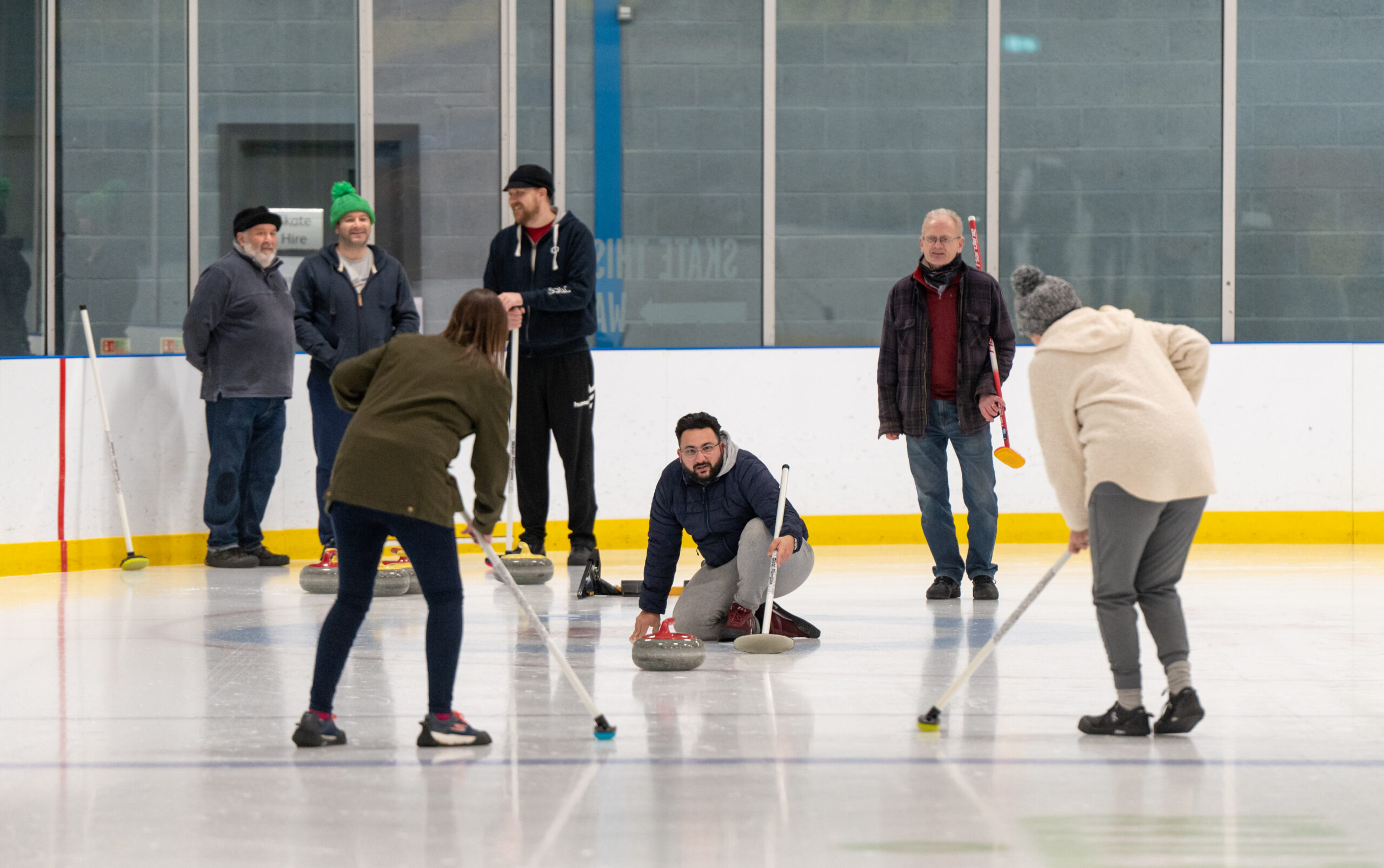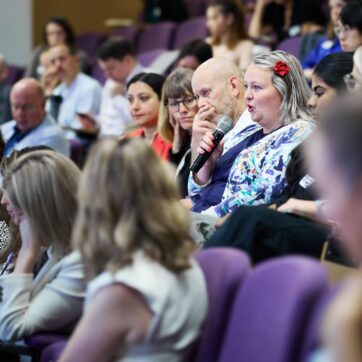What’s your role within UPEN and what do you do?
I am the institutional lead for the UPEN Programmes ‘Place’ work at Teesside University. My work focuses on cultural regeneration, social cohesion, and ensuring that lived experience and community perspectives are embedded in decision-making. Alongside my team, I collaborate with local partners through Darlington Borough Council’s 10-year neighbourhood programme, Stockton Borough Council’s trailblazer programme, the Darlington Economic Campus, and the Tees Valley Combined Authority (TVCA). Together, we connect academic expertise with local priorities to advance meaningful, place-based change.
Tell us what you did before UPEN or what you do alongside your UPEN role?
I am Professor of Art and Public Policy and Co-Director of the Institute for Collective Place Leadership at Teesside University. Much of my career has focused on working with local communities through creative projects that foster connection, resilience, and wellbeing. I also contribute regularly to parliamentary inquiries, policy frameworks, and international collaborations on integration and participatory research.
What’s your favourite thing about your role?
Shaping conversations at the intersection of research, policy, and community priorities, while continually learning from the insight and experience that partners bring. That exchange keeps the role dynamic, grounded, and impactful.
What has been your career highlight (or highlights) to date?
Contributing evidence to the Women and Equalities Committee stands out as a significant career achievement for me. Equally meaningful are the participatory projects I have led – from baking bread with refugees and farmers in rural Sweden to co-creating films with communities – which demonstrate how creative methodologies can foster belonging, social cohesion, and hope.
What do you think the biggest challenge in academic-policy engagement is at the moment and what can we do about it?
One of the biggest challenges is bridging the gap between policy cycles, which often move quickly and demand immediate solutions, and academic research, which takes time to build depth and rigour. This can mean that vital lived experience is overlooked in decision-making. To address this, we need more sustained relationships between universities, policymakers, and communities – creating ongoing spaces for dialogue, trust-building, and co-production, rather than relying on one-off consultations or reactive requests for evidence.
What’s one small unexpected thing that always brightens your workday?
Catching a glimpse of sunlight or birdsong between meetings – nature has a way of resetting my day.
What does your dream holiday look like?
A mix of mountains and culture – long hikes surrounded by nature, followed by evenings of good food, local music, and art.
Time for Desert Island Discs! If you were cast away on a desert island, what three songs would you currently take with you and why?
I’d take Kojaye in Shahri by Behnam Bani for its connection to Iranian culture and memory, From the Sea to the Land Beyond by Sea Power for its cinematic quality and sense of place, and Feel It All Around by Washed Out for its dreamlike calm. Together, they’d bring me comfort, perspective, and escape.
Give us a plug for something you’re working on at the moment
I’m currently developing participatory methods for evaluating place-based regeneration in collaboration with Middlesbrough Council and Redcar and Cleveland Council, looking at how creative and community-led practices can inform both local decision-making and national policy. I’d be really interested in hearing from others who are exploring innovative approaches to measuring social impact, especially where community voice and wellbeing are central.
How can we get in touch with you?
Email me or find me on LinkedIn.
& finally, share with us a snapshot of life outside of work

Me and my puppy during a recent hike.


